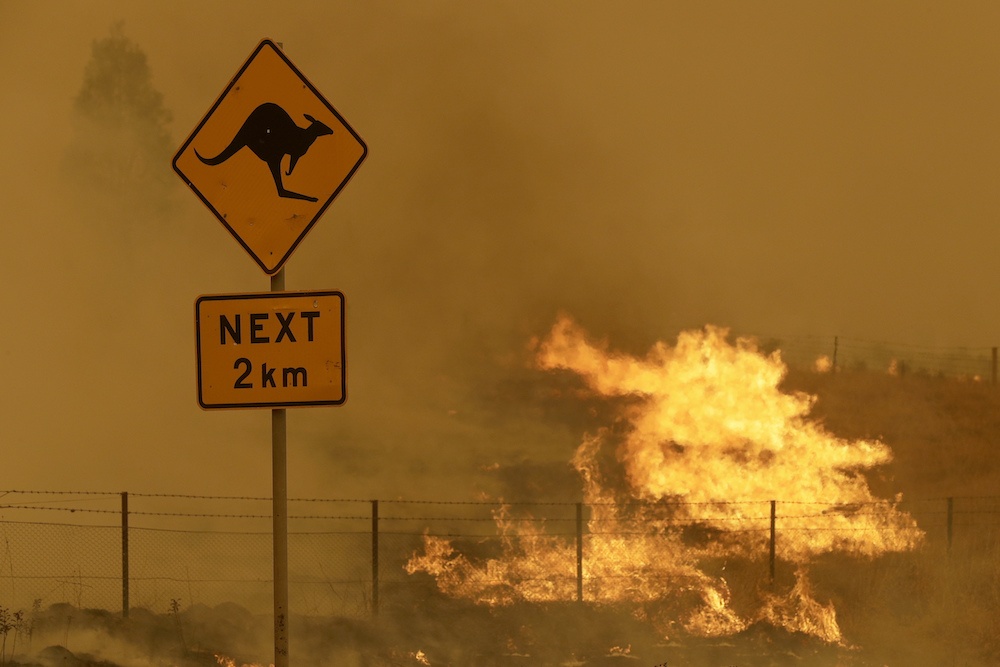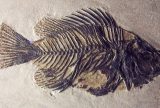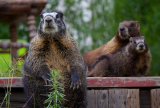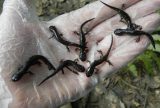Understanding the History of Fire Can Help Us Fight Today’s Biggest Blazes
Lessons From the Past and Warnings for the Future in 400 Million Years of Geological Record
Charcoal fragments are black, often small, and generally unremarkable. Most people would not realize it if they were to come across one. But over the past 40 years or so, Earth scientists have been revealing the story of fire through time by examining these little bits of carbon embedded in rocks throughout the world.
Understanding the history of wildfire is relatively new. That’s because fire science often falls between the cracks in established disciplines. As the well-known historian of modern fire Stephen Pyne has pointed out, while many universities have fire …










